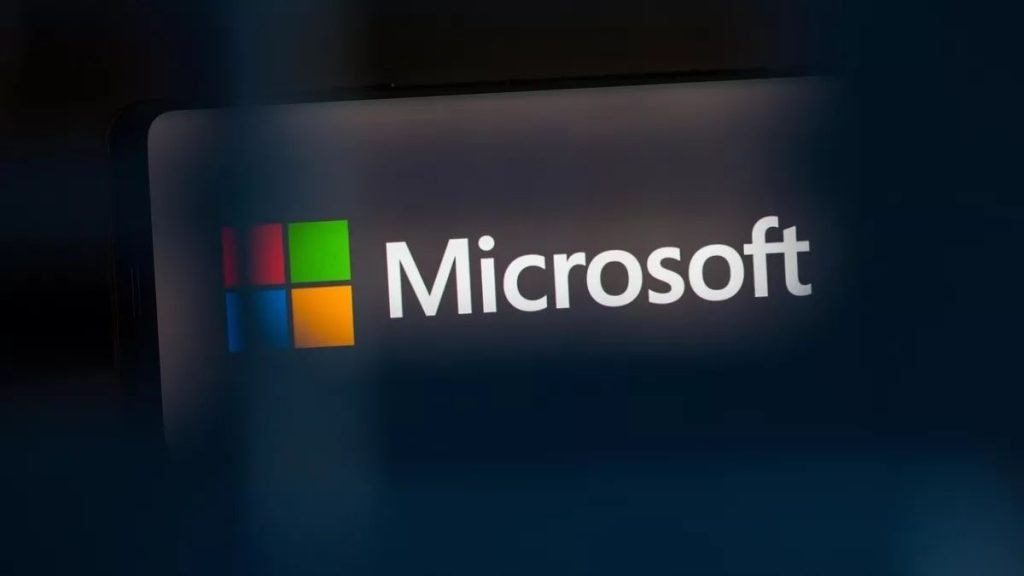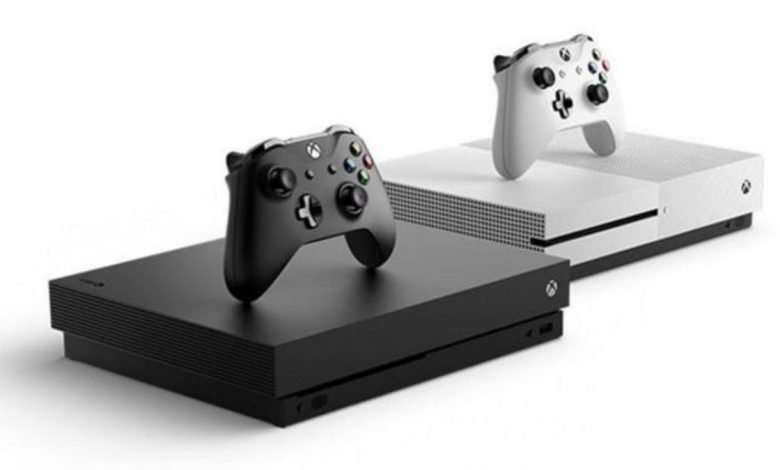Microsoft reportedly shelves its Chrome OS competitor, Windows 10X

Microsoft had originally been planning to deliver Windows 10X, a more lightweight and simplified version of Windows, alongside new dual-screen devices like the Surface Neo
Microsoft has been trying to build a lighter version of Windows for more than 10 years without success. The latest effort, Windows 10X, has reportedly now been shelved, in favor of improving Windows 10 instead.
According to Mashable, Windows 10X will no longer ship this year, and the OS will likely never arrive in its current form. Microsoft had originally been planning to deliver Windows 10X, a more lightweight and simplified version of Windows, alongside new dual-screen devices like the Surface Neo. This was before the pandemic hit, and Microsoft decided to prioritize Windows 10X for single-screen laptops instead.
The switch was designed to position Windows 10X as more of a Chrome OS competitor. Windows 10X included a simplified interface, an updated Start menu without Live Tiles, multitasking improvements, and a special app container for performance and security.
Microsoft’s overall goal with 10X was to create a stripped-back, streamlined, and modern cloud-powered version of Windows.
Microsoft has always seen Chromebooks as a big threat in businesses and schools, but over the past year, there has been a big increase in demand for regular Windows laptops. Despite a global chip shortage, the PC market hasn’t slowed down during the pandemic.

The company has directly benefited from increased Windows revenue. Windows OEM revenue grew by 10 percent in the recent quarter, reflecting strong consumer PC demand. Windows non-pro OEM revenue also grew by 44 percent.
There are currently 1.3 billion active Windows 10 devices, according to Microsoft. That’s a huge number of existing devices, and it appears Microsoft is now focused on improving the core of Windows instead of delivering a new variant.
Microsoft has been gradually working on improving the user interface of Windows 10, with new system icons, File Explorer improvements, and even the end of Windows 95-era icons.
All of these visual changes are part of a broader effort codenamed Sun Valley. Microsoft has not yet officially detailed this work, but a job listing earlier this year teased a “sweeping visual rejuvenation of Windows.” There are expectations about a lot of visual changes to arrive in the Windows 10 21H2 update that should appear in October.
Elsewhere, Microsoft is also focusing on improving Windows for those who rely on it daily. The software maker is finally fixing the rearranging apps issue on multiple monitors, adding the Xbox Auto HDR feature, and even improving Bluetooth audio support.
It’s clear Microsoft is getting back to the basics, after more than a decade of trying to simplify Windows. Windows RT first debuted in 2012, and then Windows 10 S arrived in 2017. Both failed to simplify Windows, but as per Mashable, Windows 10X had some interesting changes that will undoubtedly make their way to Windows 10.








